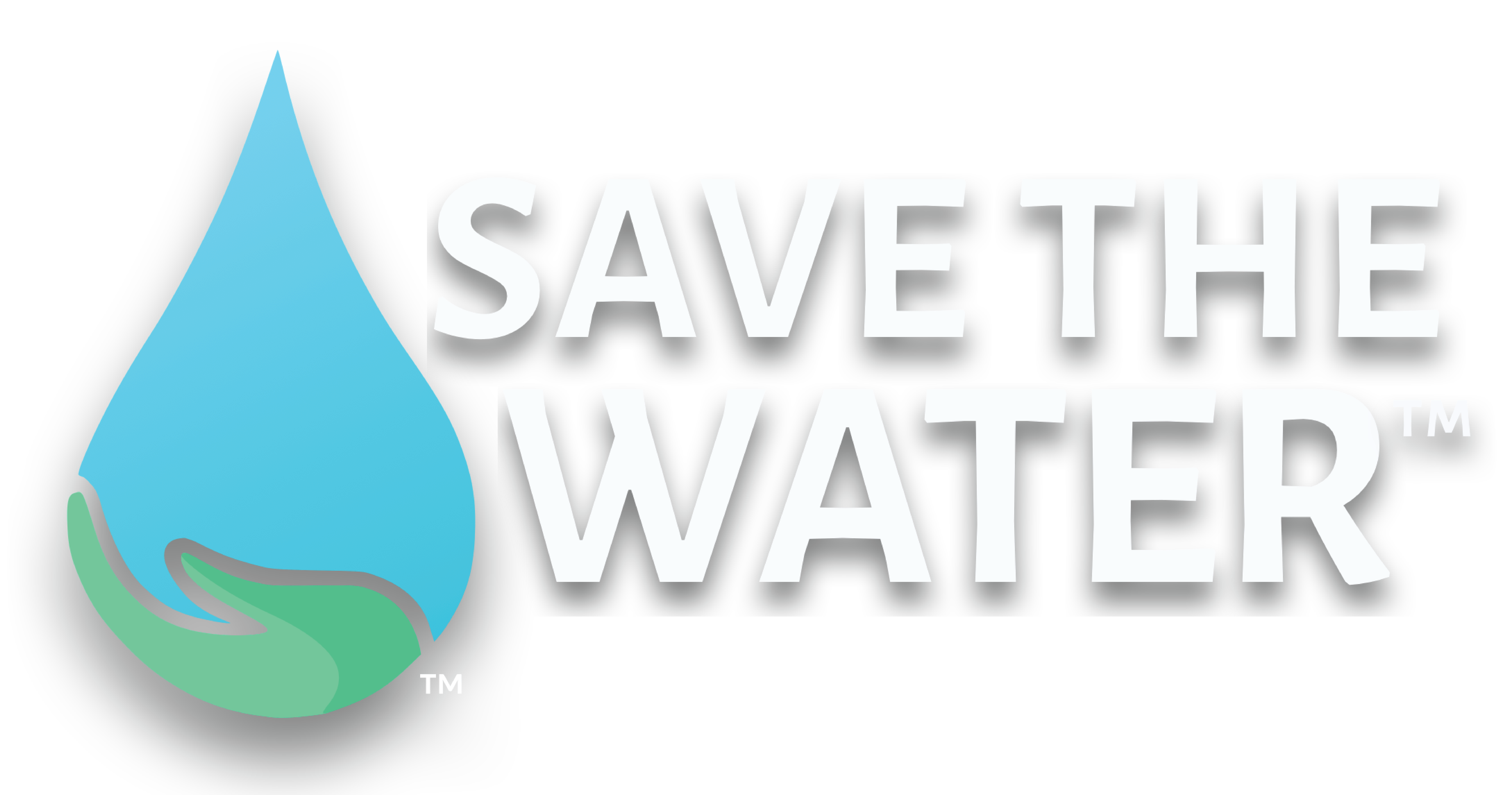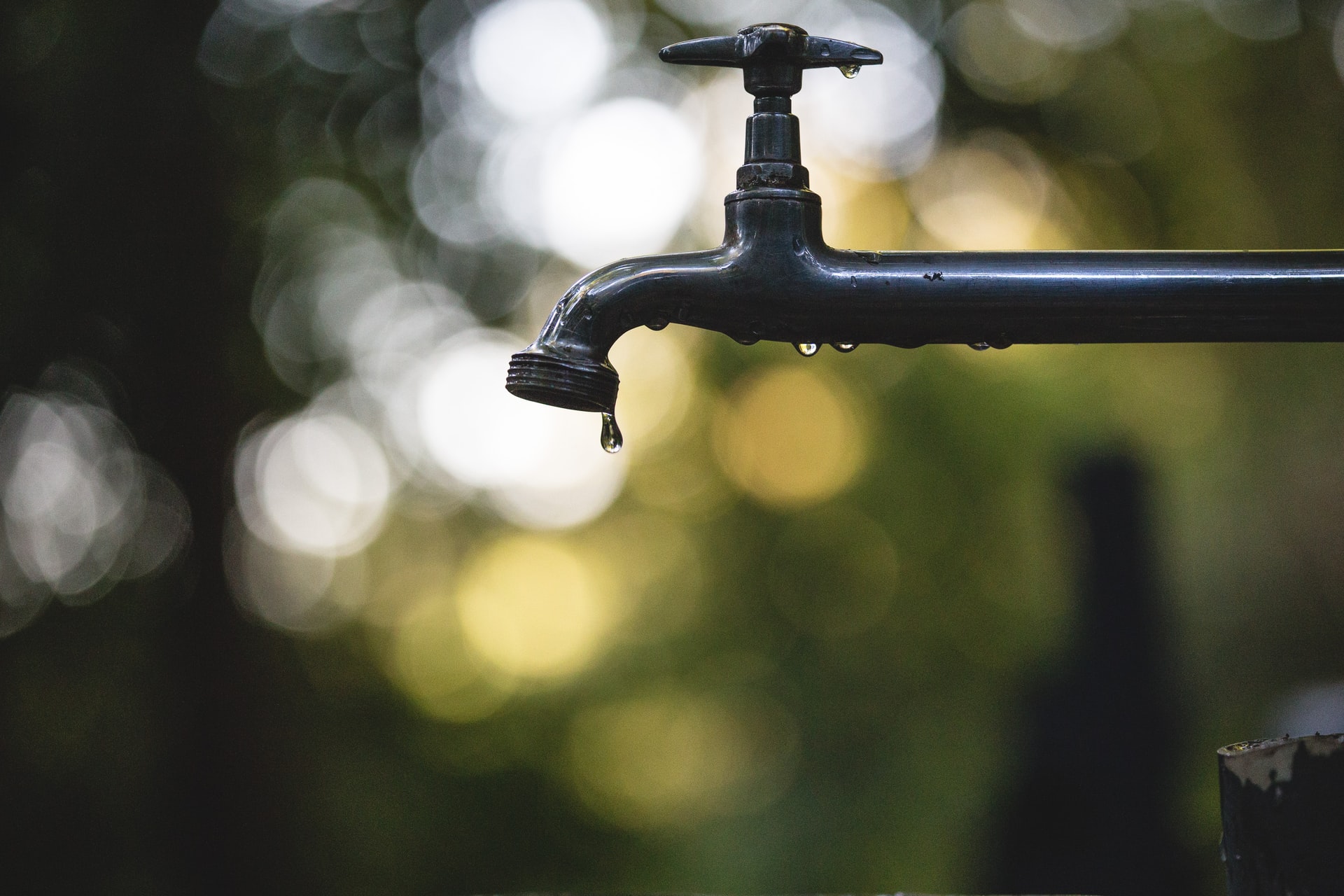By Lauren Hansen, Staff Researcher/Writer at Save the Water™ | December 18, 2021
In October 2021, a state official urged residents of Benton Harbor, Michigan to use bottled water for drinking and cooking. This plea came three years after water testing in the area revealed that the water supply had high levels of lead, a dangerous chemical that could lead to brain damage.
This situation is yet another example of the aging water infrastructure problem in the United States and brings to mind the 2016 water crisis in Flint, Michigan. Old piping systems were frequently made of lead, and some are still in use today, often in impoverished, low-income communities. This reveals larger infrastructure inequities in the country as well.
Not a Quick Fix
In an attempt to reduce the levels of lead in Benton Harbor’s water supply, Michigan’s environmental agency and local activist groups have been pressuring state officials to combat the contamination with chemicals. These chemicals form a protective barrier within the lead pipes.
State officials have sent out notices to residents regarding the problems with their water and have given out water filters for them to use. However, despite the severity of the situation, Michigan governor Gretchen Whitmer did not initially declare a state of emergency.
Finally, only after local, state, and national non-profit organizations petitioned the EPA to intervene in September, did Whitmer declare a state of emergency in Benton Harbor. She also promised to accelerate the process of switching out lead pipelines for newer, safer ones. This project is expected to be completed by April 2023.
In addition to the city’s water contamination issues, EPA inspectors also found broken equipment, chemical tanks overflowing, missing records, and several other problems in Benton Harbor’s water treatment plant.
Lead’s Harms
In the past, manufacturers commonly used lead to make pipes that provided water to homes across the country. Alarmingly, plumbing code in Chicago actually required the use of lead until it was finally banned in 1986. We now know that lead is extremely toxic and there is no safe level of exposure to this element. Taking in even small amounts can harm brain development in children. Lead exposure also raises the chances of heart disease, kidney failure, and other health issues. In the United States, 18% of deaths are each year are linked to lead.
Water Infrastructure Improvements in the Near Future
With the passing of recent bills in the legislature, $15 billion will go towards replacing lead pipes with newer, safer ones. Michigan will receive slightly less than $1.7 billion of these funds.
In Benton Harbor, 100 pipelines are set to be replaced, and another 200 could be under contract soon.
The larger question, however, is why these dangers went undetected and/or unaddressed for so long. Action to change Benton Harbor’s pipes came three years after more stringent testing revealed high levels of lead in the water supply.
What You Can Do to Help
- Donate water by contacting aslack@smcaa.com
- Put pressure on local, state, and national legislators to address infrastructure issues, project backlogs, and permit delays




